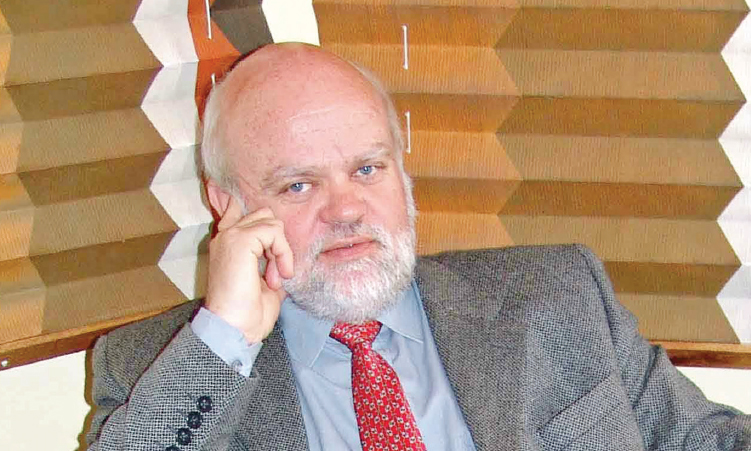Extracts from the preliminary report of the 2023 population and housing census, as recently released by the Namibia Statistics Agency (NSA), has been well covered in the print and electronic media.
So, I shall avoid regurgitating what has already been extensively written and reported on in the mainstream media.
Social media platforms have been abuzz with expressions of opinions and comments, of which some are rather ill-informed, laughable, even referencing silliness.
It is called openness or freedom of speech, and that is what occurs when anyone can express their opinion when they wish to do so on social media.
The reason a country periodically conducts a national census is to gather comprehensive statistics about the nation for planning.
As Alex Shimuafeni, Namibia’s statistician general, says in the preliminary report’s foreword, the primary objective of the 2023 population and housing census is to provide up-to-date demographic, social and housing statistics.
Shimuafeni points out that the aim of the exercise, which is carried out once every 10 years, is to help Namibia’s planning efforts so that informed decisions are made, and appropriate policies are crafted. Furthermore, to monitor and track progress towards achieving the nation’s targeted developmental objectives.
Now let’s be clear, the 2023 population and housing census was conducted for the nation’s benefit, and it is not only the government that must take note of data contained in the report, but other role players too.
The government must plan how it will address shortcomings and deficiencies, such as poverty eradication, providing mass housing and tackling inadequacies in social sectors, including education and healthcare.
State-owned enterprises or public enterprises (PEs) must use the data to plan and thereby enhance delivery on the mandate for which they were created.
Those PEs that are responsible for housing, broadcasting and information dissemination, the development, upgrading and maintenance of the road, rail, water and electricity infrastructure, among others.
But academia, non-governmental organisations (NGOs), developmental agencies and the private sector too must make productive use of the NSA’s report when going about planning and strategising for the future.
Academia must give thought to the location of university campuses and satellite campuses and of vocational training centres. Also, the courses and study programmes offered, the relevancy and appropriateness for the country’s needs. Additionally, how better to cope with a growing student intake number.
Demographics and other factors must be considered by NGOs and developmental agencies as they work on identifying needs and how best to complement what is already being done by the public and private sector.
Business too must use the 2023 population and housing census report as a planning tool.
Enterprises will swiftly gain a grasp of the country’s demographics, where there is a concentration of consumers and new business opportunities.
Another example for the private sector is to identify potential public-private partnership (PPP) possibilities. The government specifically established a PPP unit, which is housed in the Ministry of Finance and Public Enterprises to promote and foster PPPs.
It is the first time that Namibia conducted a digital census, and kudos to Shimuafeni and the NSA team for a job well done. We look forward to the publishing of the detailed report.
- Reach Danny Meyer at danny@smecompete.com
Stay informed with The Namibian – your source for credible journalism. Get in-depth reporting and opinions for
only N$85 a month. Invest in journalism, invest in democracy –
Subscribe Now!






